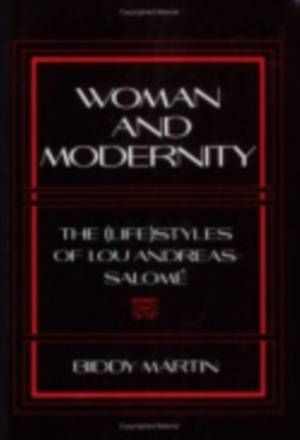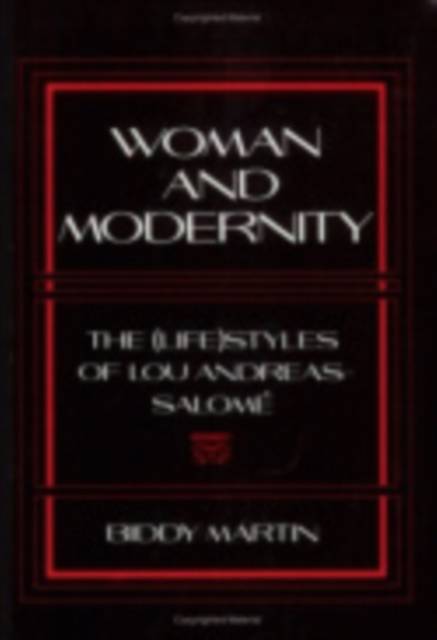
- Retrait gratuit dans votre magasin Club
- 7.000.000 titres dans notre catalogue
- Payer en toute sécurité
- Toujours un magasin près de chez vous
- Retrait gratuit dans votre magasin Club
- 7.000.0000 titres dans notre catalogue
- Payer en toute sécurité
- Toujours un magasin près de chez vous
74,95 €
+ 149 points
Format
Description
Woman and Modernity provides what previous studies of Salomé have in large part neglected to offer--a sustained investigation of the literariness of Salomé's texts and of Salomé as a significant reader of modernity. Focusing on key encounters in Salomé's writings, such as her exchanges with Nietzsche, Ibsen, Rilke, Freud, and late nineteenth-century middle-class German feminists such as Dohm and Stucker, Martin approaches Salomé's life and work as a series of strategic negotiations concerning the place of women and the meaning of femininity.
Spécifications
Parties prenantes
- Auteur(s) :
- Editeur:
Contenu
- Nombre de pages :
- 264
- Langue:
- Anglais
- Collection :
Caractéristiques
- EAN:
- 9780801499074
- Date de parution :
- 15-10-91
- Format:
- Livre broché
- Format numérique:
- Trade paperback (VS)
- Dimensions :
- 155 mm x 232 mm
- Poids :
- 417 g

Les avis
Nous publions uniquement les avis qui respectent les conditions requises. Consultez nos conditions pour les avis.






